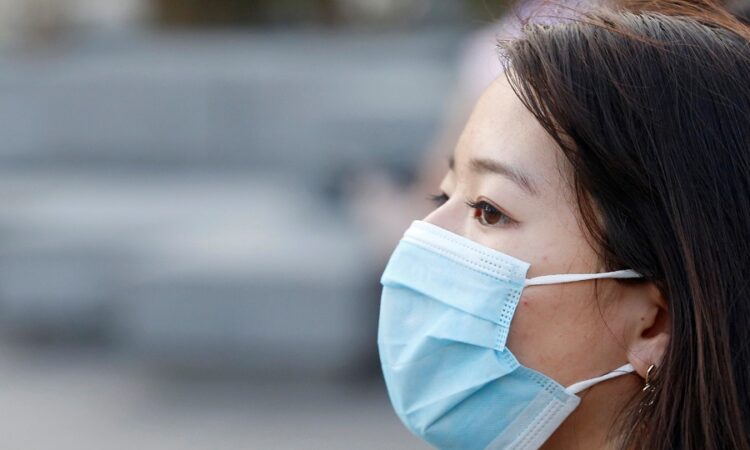
If you work in the medical field, possibilities are you have never had much of a reason to wear a facemask earlier. But in the age of COVID-19, defensive face masks are suggested and have turn into the new normal. From ways to keep the mask clean to tips for getting the most excellent fit possible, follow this post as a guide for making the most of your protecting face mask.
- Cover face and nose properly
Facemasks are a way to guard yourself and others from the spread of COVID-19, but they are only effective when worn appropriately. Thus, when you put one on, ensure it covers the most susceptible spots on your face: the mouth and nose. Masks must fit toward the bridge of the nose comfortably. Based on the shape of your nose, your mask may lie a bit over or under this spot. The key is to ensure the majority of your nose and your whole mouth is covered.
- Facemask should fit snugly but comfortably
Paul Edalat says that wearing a mask takes some getting accustomed to, but it should never limit your ability to breathe. He further added that the mask does not need to be uncomfortably tight, but ensure there are no gaps between the mask and your face. Small gaps are unavoidable and normal, but make sure they are fewer. That is as your face mask must form a protecting guard near your face.
- Wash your hands after and before wearing a mask
Putting a clean, shielding face mask on is not useful if you touch the inside of it with unclean hands. Thus, the key to keeping your face mask as hygienic as possible is to wash your hands for twenty seconds with water and soap or use an alcohol-based sanitizer before donning a mask. You should also pick it up by the straps to do so. After the mask is on, the next duty is stopping cross-contamination while you are out. When it is time to remove the mask, sanitize your hands before loosening the straps, rubber ear bands or loops. Avoid touching the outside of the mask and fold it on with the outside in for storage.
- Clean your cloth mask
It is reasonably hard to get disposable mask lately and N95 masks must be kept for frontline workers, so most of the common people are choosing cloth masks. Whether you have made your own or purchased one, cloth face masks should be cleaned regularly, preferably after each use. Pauk Edalat says that after the mask is cleaned; dry the mask thoroughly before putting it back on your face. To avoid infection, try to keep mask away from common surfaces around the home and store it in a paper bag, avoid containers and plastic bags that lock in moisture.
Donning a mask when you leave the home for an essential trip outside is recommended extensively, but it is not the only way to slow the spread of coronavirus. To protect yourself and others, you should follow social distancing guidelines.
